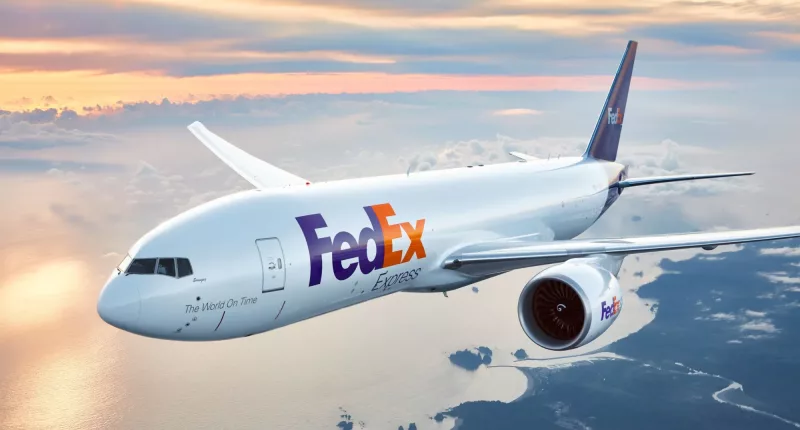Logistics giant FedEx has unveiled a new ‘data-driven commerce’ platform FDX, in a move that positions it to compete with ecommerce giant Amazon, among others, even though it is not directly entering the ecommerce/marketplace space. FDX aims to offer merchants a suite of services, including demand generation, fulfilment, tracking, and post-purchase experiences, including returns. Although currently in private preview, FDX is expected to launch more widely in the fall of 2024.
The company outlined in its announcement that the FDX platform will integrate established FedEx commerce tools, leveraging existing resources such as access to members of ShopRunner—an e-commerce marketplace strategically acquired by FedEx in 2020, according to a report by The Verge. As the platform is unveiled slowly, new capabilities are expected to be introduced in the fall, promising a sophisticated suite of capacities.
FedEx says that the focus of this platform is to help merchants create “a custom post-purchase experience,” the feature that allows brands to inform their customers about shipment tracking with more accuracy and detail. This would allow brands to offer customers better shipment information, hence boosting transparency and customer satisfaction. In addition, the platform intends to use insights generated by FedEx’s vast volume of shipment network data to improve order management procedures.
Amazon, one of the key competitors in this field, has been providing Fulfillment by Amazon (FBA) for a long time, allowing merchants to benefit from the company’s shipping and logistics infrastructure. In 2022, Amazon offered FBA benefits to third-party sellers and allowed them to list Prime-suitable items on their websites In early 2023, this inclusive feature opened up for all US merchants together with the additional ability to display Amazon reviews outside their websites. The shift was a deliberate attempt by Amazon to widen its ecosystem and strengthen customer loyalty through the extension of popular Prime benefits beyond the Amazon platform.
FedEx has long viewed Amazon as a significant threat to its business. The tensions can be traced back to a decision by FedEx in 2019 to not renew a contract for flying Amazon cargo through FedEx Express. Adding fuel to the fire, the same year, Amazon imposed restrictions on its sellers, prohibiting the use of FedEx for Prime deliveries during the holiday season, citing a drop in performance as the reason. However, the ban was lifted in the following year, providing some relief to FedEx.
In 2021, several reports highlighted Amazon’s dominant position in the package delivery industry in the United States, exceeding long-standing competitors like FedEx and UPS. This has further solidified Amazon’s influence in the e-commerce and logistics sectors, cementing its position as the coming leader of the industry.
The Tech Portal is published by Blue Box Media Private Limited. Our investors have no influence over our reporting. Read our full Ownership and Funding Disclosure →






